When French prime minister Jean Castex and health minister Olivier Véran held a press conference last week, they outlined the timetable for a gradual easing of the country’s many Covid-19 restrictions. Véran talked of an ‘encouraging evolution’ in the fight against the virus, despite the fact that France had in the previous week recorded an average of over 300,000 daily cases.
As of 2 February, the wearing of masks outdoors will no longer be mandatory; a fortnight later, the French will be able to experience once more the pleasure of standing at a bar with a glass of whatever takes their fancy. Since the start of this month, this practice has been outlawed. Why a customer standing in a bar is at greater risk from Covid than one who is sitting has never been adequately explained. But the inexplicable has become the commonplace in France.
Why, for example, if there is an ‘encouraging evolution’ in the fifth wave of Covid sweeping across France, did the country report a record number of new cases yesterday? The figure of 501,635 is the first time that France has notched more than half a million cases in one day; in the same period, Britain recorded 94,326 positive tests.
A more troubling statistic released in France on Tuesday was the 30,000 people currently in hospital with the virus, the highest number since November 2020.
But the biggest question that remains unanswered is this: what exactly is the point of the vaccine pass, which came into force on Monday? Initially launched in July, in its original form, the pass permitted the double vaccinated to visit bars, cinemas, sports venues, etc, as well as the unvaccinated who could prove they had tested negative in the last 24 hours. The new pass demands three vaccines and removes the option of a negative test.
Yesterday Olivier Véran disclosed that so far nine million French people who are double vaccinated have not yet had their third dose. They have until 15 February to take up that option; if they don’t, their existing vaccine pass will be annulled.
‘I think that everybody has not yet understood the message,’ said Véran, when asked why so many had not yet had a booster jab.
That condescending remark is indicative of a government that is increasingly losing the confidence and support of the people. Some among those nine million may not be aware that their current pass will expire in the middle of next month if they don’t have a third jab, but a great many are conscious of the situation. They have decided against another vaccination, either because they don’t feel it’s necessary for them or as an act of defiance against their belligerent government. The French can be a bloody-minded lot when they want to, and Emmanuel Macron’s declaration that he wants to ‘piss off’ the unvaccinated (by which he means anyone without three jabs) had the opposite effect to the one he intended. Instead of meekly submitting to Macron’s wish, they have decided against having that third jab, just to ‘piss off’ their president.
They have also now seen through the pointlessness of the vaccine pass. It has done nothing to reduce infection; on the contrary, the spread of the virus has accelerated in recent weeks, certainly compared to England, a country that more and more French look to as the exemplar in how to exit the pandemic.
In an interview in front of the Senate last month Jean-François Delfraissy, the president of the Scientific Council and one of the most prominent professors throughout the pandemic, was asked for his view on the vaccine pass. ‘Does the pass really protect? You have the answer,’ he replied. ‘The answer is no…since we can be vaccinated and still be a carrier of the virus.’
So why is the pass in place? It’s a political act, part of Macron’s bid for re-election in April. Since its inception, the pass has been supported by the tranche of society crucial to Macron if he is to secure a second mandate. A poll last week revealed that 80 per cent of over-65s are in favour, as are 69 per cent of respondents categorised as ‘affluent’. By contrast, only 49 per cent of the poorest and 57 per cent of those aged 25 to 34 approve.
The young working-class are a political demographic of little consequence to Macron; but well-off senior citizens are of great significance, as they are being courted by Éric Zemmour and Valérie Pécresse.
‘It’s tough to be 20 in 2020,’ said Macron in October 2020 when he announced a curfew in Paris and eight other cities, just one of many measures he has taken that has proved divisive and futile. It’s even tougher to be 22 in 2022. Macron’s political pass may well pay off in the short term but the damage it is doing to France socially, economically and morally will be felt for a long time.
Got something to add? Join the discussion and comment below.
Get 10 issues for just $10
Subscribe to The Spectator Australia today for the next 10 magazine issues, plus full online access, for just $10.


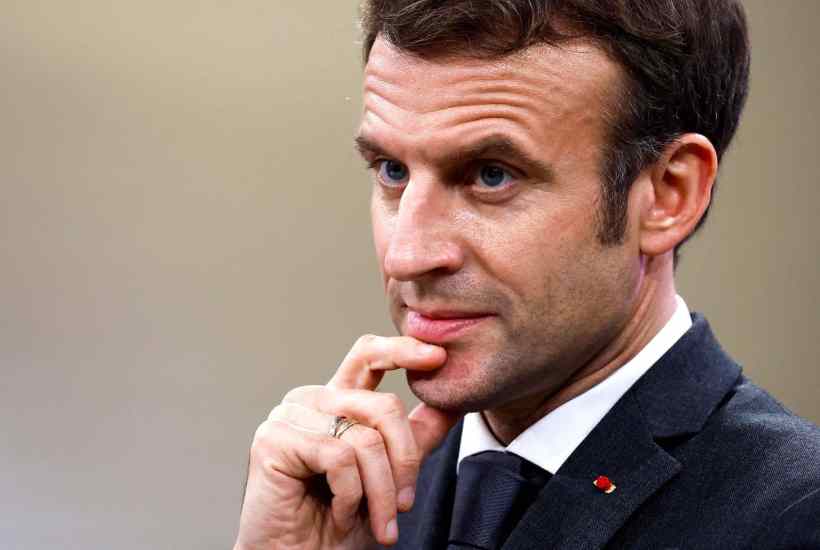

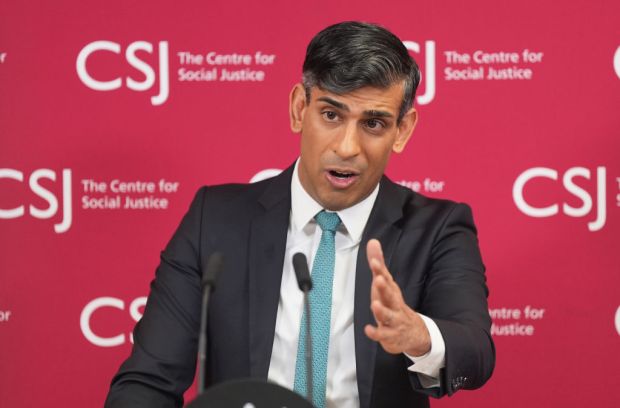
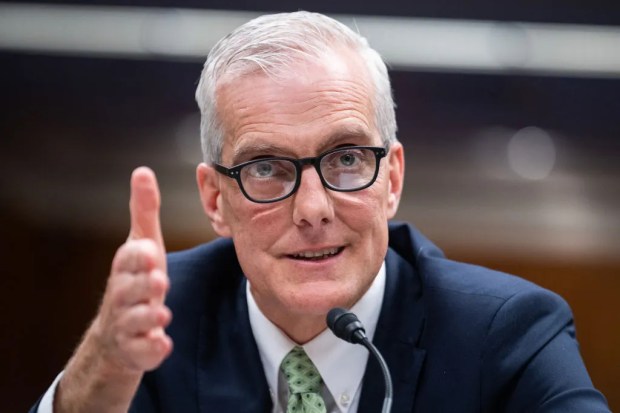
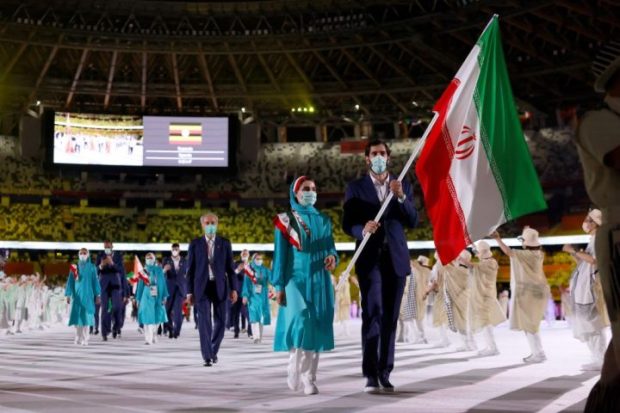
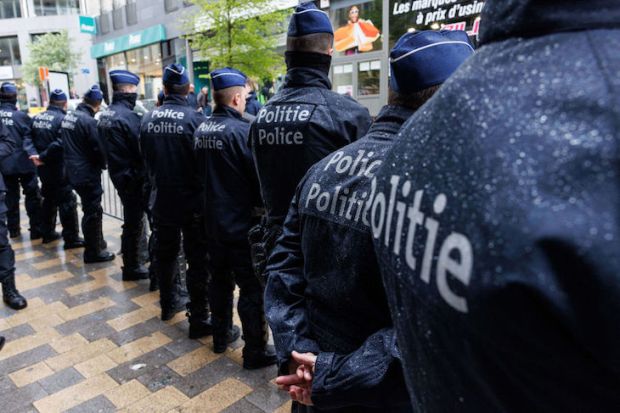













Comments
Don't miss out
Join the conversation with other Spectator Australia readers. Subscribe to leave a comment.
SUBSCRIBEAlready a subscriber? Log in